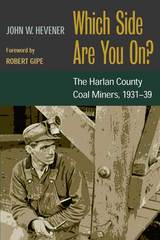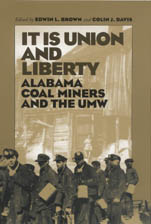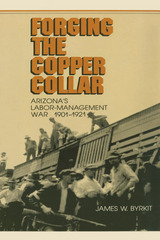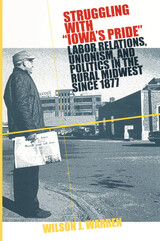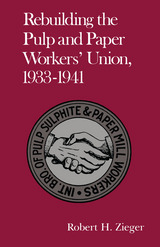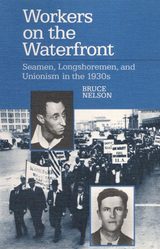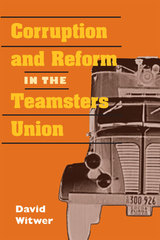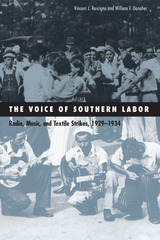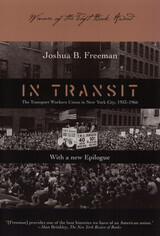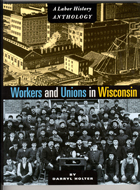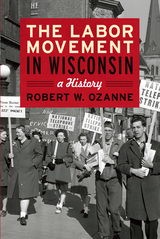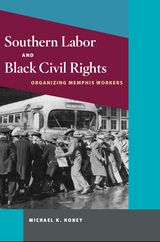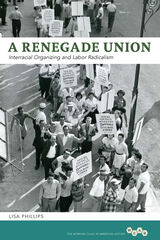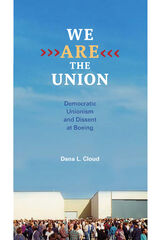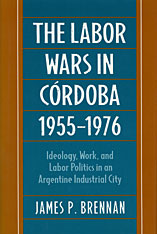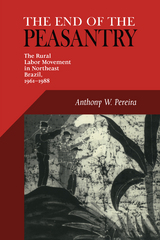Workers on the Waterfront: Seamen, Longshoremen, and Unionism in the 1930s
University of Illinois Press, 1988
Paper: 978-0-252-06144-8 | Cloth: 978-0-252-01487-1
Library of Congress Classification HD6515.S4N45 1988
Dewey Decimal Classification 331.881138750973
Paper: 978-0-252-06144-8 | Cloth: 978-0-252-01487-1
Library of Congress Classification HD6515.S4N45 1988
Dewey Decimal Classification 331.881138750973
ABOUT THIS BOOK | AUTHOR BIOGRAPHY | REVIEWS
ABOUT THIS BOOK
With working lives characterized by exploitation and rootlessness, merchant seamen were isolated from mainstream life. Yet their contacts with workers in port cities around the world imbued them with a sense of internationalism. These factors contributed to a subculture that encouraged militancy, spontaneous radicalism, and a syndicalist mood. Bruce Nelson's award-winning book examines the insurgent activity and consciousness of maritime workers during the 1930s. As he shows, merchant seamen and longshoremen on the Pacific Coast made major institutional gains, sustained a lengthy period of activity, and expanded their working-class consciousness. Nelson examines the two major strikes that convulsed the region and caused observers to state that day-to-day labor relations resembled guerilla warfare. He also looks at related activity, from increasing political activism to stoppages to defend laborers from penalties, refusals to load cargos for Mussolini's war in Ethiopia, and forced boardings of German vessels to tear down the swastika.
See other books on: 1930s | Labor unions | Strikes and lockouts | Workers | Working class
See other titles from University of Illinois Press


